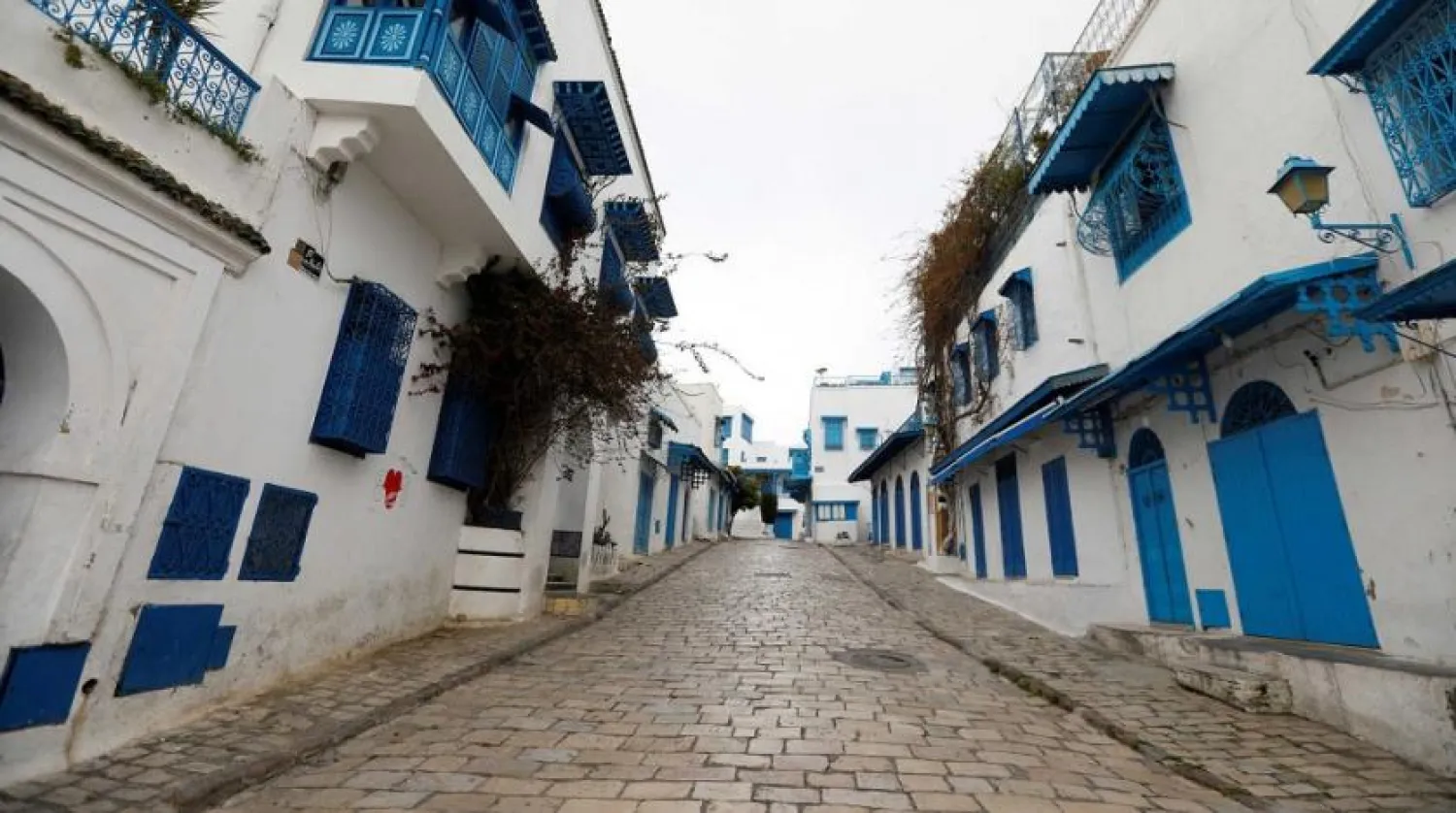Tunisia said Tuesday it had received a loan from Algeria, the day before a visit by Algerian President Abdelmadjid Tebboune.
The official journal said that President Kais Saied had signed off a deal reached on December 9 for "a loan worth $300 million", around 266 million euros.
Tunisia's public finances have been battered by a decade of political instability, low investment and structural problems, with debts approaching 100 percent of GDP and unemployment at 18 percent.
Tunisia's economy has grown at just 0.6 percent a year since its 2011 revolution, while inflation has surged at six percent a year.
An unwelcoming business environment has discouraged investors.
The Covid-19 pandemic made the situation in the North African country far worse, slashing jobs in the vital tourism sector, high commodity prices have hurt reserves, and a drought has battered farmers, AFP reported.
Tunis has received economic aid from the European Union and is seeking its fourth aid program in 10 years from the International Monetary Fund, aiming to receive a loan of nearly $4 billion before the end of the year.









